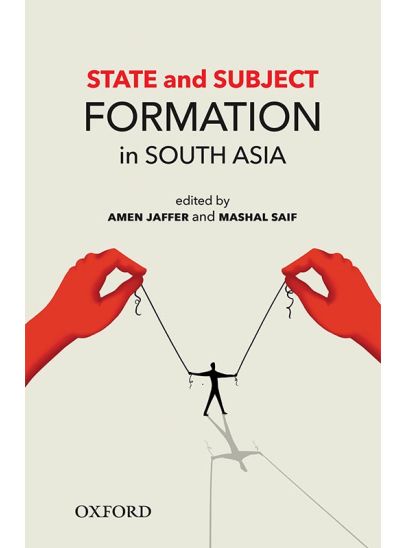State and Subject Formation in South Asia
The extraordinarily visible and ubiquitous presence of the state in most of South Asia points to its overarching power. The state’s unbridled reach also suggests its importance as a locus for societal hopes, frustrations, and aspirations. However, scholarship on Pakistan (and to a lesser degree, South Asia more broadly), has offered few systematic attempts to address the complexity of these state-society relations. This edited volume is an attempt in this direction. A defining feature of this volume is its focus on the state and society through a critical engagement with the theoretical openings offered by Michel Foucault. Prime among these lenses is the replacement of the concept of citizens with subjects, i.e. individuals whose modes of thinking and acting are shaped and governed by the intrusive arms of the state-apparatus. The contribution of the book is not simply theoretical; each chapter is deeply grounded in a South Asian context, with a sizable majority of chapters focusing specifically on Pakistan. The captivating case studies that lie at the heart of each chapter allow us to step into those domains of state-society relations—everyday life, discourses, rituals, etc.—that have been largely ignored in other studies on the state in Pakistan.
 Rights
World
Rights
World
 Year of Publication
2022
Year of Publication
2022
 Binding
E-Book
Binding
E-Book
 Pages
356
Pages
356




 Bulk Order
Bulk Order Request a Quote
Request a Quote